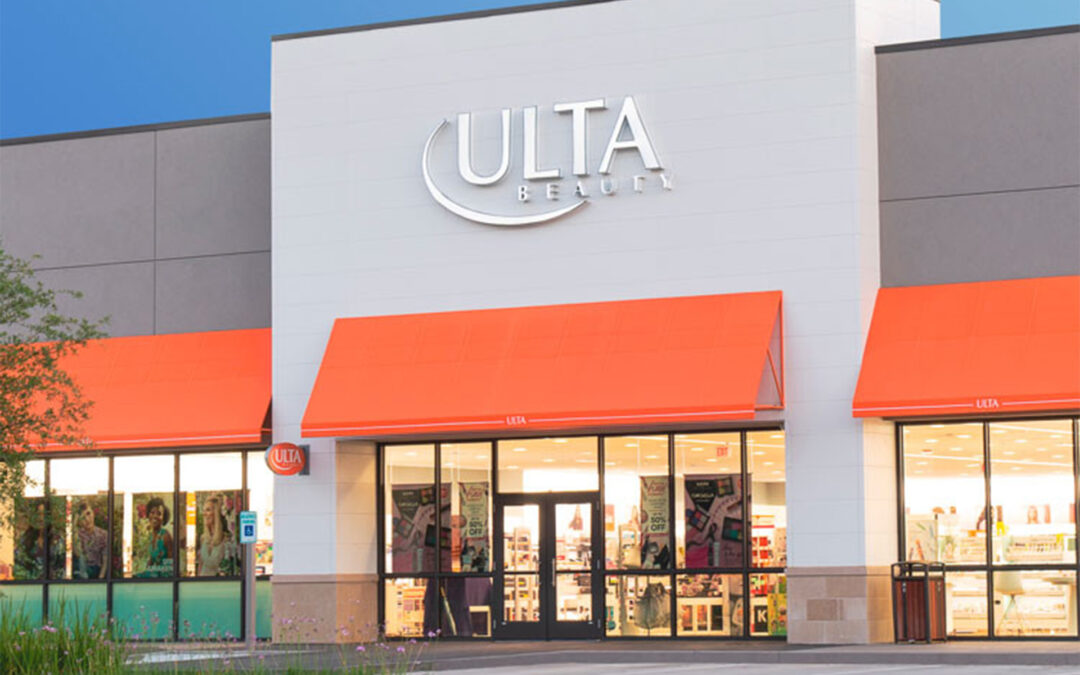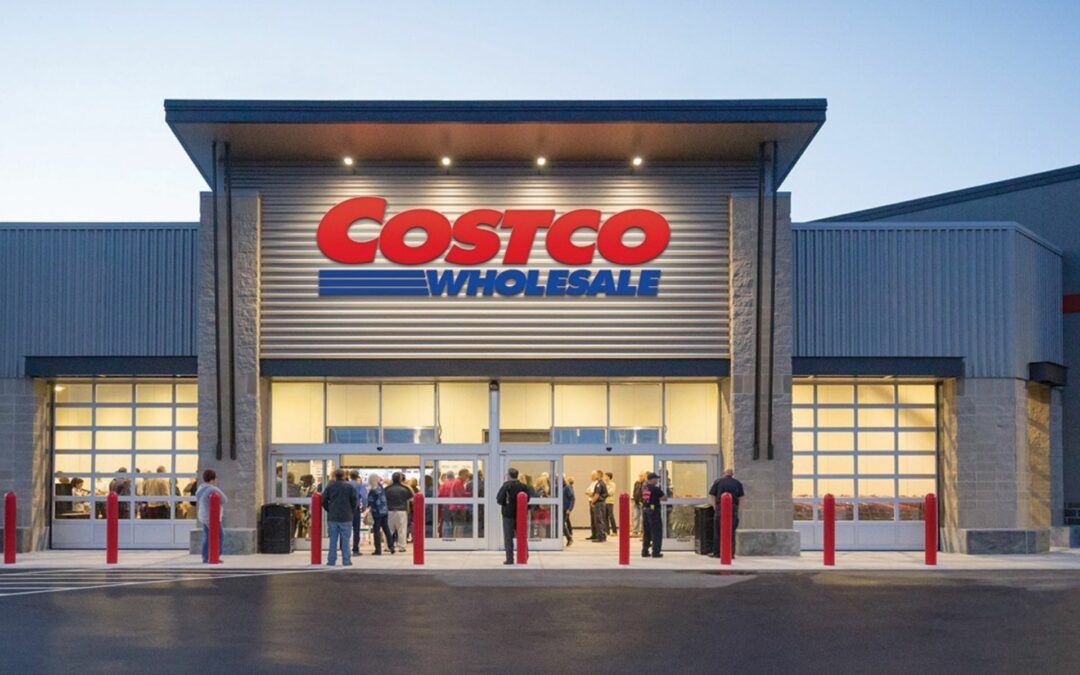Retail sales grew in April, but they did so as many consumers moved up purchases to dodge higher prices they expected to come with tariffs, according to the CNBC/NRF Retail Monitor.
The Retail Monitor calculation of core retail sales, which excludes restaurants in addition to automobile dealers and gasoline stations, was up 0.9% month over month in April and 7.11% year over year. In March, core retail sales gained 0.4% month over month but increased 5.07% year over year.
Total sales advanced 5.08% year over year for the first four months of 2025 and core sales grew 5.5%.
In addition to strong tariff-driven spending, Retail Monitor pointed out, year-over-year comparisons were likely boosted by Easter falling in April in 2025 after falling in March in the year previous.
Sales results from key sectors include:
- General merchandise stores were down 0.02% month over month, seasonally adjusted, but up 6.67% year over year, unadjusted.
- Furniture and home furnishings stores were up 0.86% month over month, seasonally adjusted, and 0.09% year over year, unadjusted.
- Building and garden supply stores were up 2.77% month over month, seasonally adjusted, but down 2.1% year over year, unadjusted.
- Electronics and appliance stores were up 2.8% month over month, seasonally adjusted, and 10.5% year over year, unadjusted.
- Health and personal care stores were up 1.43% month over month, seasonally adjusted, and 8.51% year over year, unadjusted.
- Grocery and beverage stores were up 0.59% month over month, seasonally adjusted, and 9.51% year over year, unadjusted.
- Sporting goods, hobby, music and book stores were up 0.81% month over month seasonally adjusted and 9.19% year over year unadjusted.
- Clothing and accessories stores were up 1.14% month over month, seasonally adjusted, and 5.14% year over year, unadjusted.
- Digital products were up 0.62% month over month, seasonally adjusted, and 27.67% year over year, unadjusted.
“Spending rose again in April, driven largely by consumers continuing to pull purchases forward to stay ahead of tariffs that will inevitably lead to higher prices,” NRF president and CEO Matthew Shay said in announcing the Retail Monitor findings. “Despite declines in confidence caused by the economic uncertainty that has come with tariffs, consumer fundamentals remain intact, supported by low unemployment, slower-but-steady income growth and solid household finances. Consumers maintain their ability to spend and have strong reasons to spend now before tariffs can drive up prices or cause shortages on store shelves.”
Retail Monitor uses anonymized credit and debit card purchase data compiled by Affinity Solutions and does not need to be revised monthly or annually.





